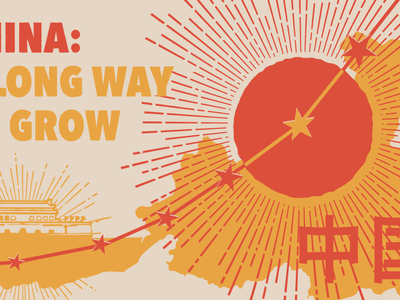Tencent began life in 1998 as an instant messaging service and later, when they listed in 2004, began their expansion outside of social media platforms into online gaming. It was in 2008 when they took a stake in Riot Games that they cemented their future as the global leader in gaming. It appears that the aim now is to become the destination for the majority of users’ digital lives.
Describing exactly what the company does is no easy feat. What we have found when looking into Tencent is it’s rather too easy to be led down a rabbit hole, as interesting as some of those rabbit holes can be.
Essentially, Tencent own the three largest Asian social media sites (QQ, WeChat and Qzone) as well as a plethora of gaming development and streaming companies. They also have other services akin to Google (Tencent maps, mail and news) as well as cloud based solutions and payment services closer to the likes of PayPal. However, as I write this article and as you read it, it is likely they will have added further to this offering. They have made over 600 deals in the past six years, casting an ever widening net across over 20 sectors.
The bulk of Tencent’s business comes through gaming still, driven increasingly by the popularity of online competitive gaming aka ‘E-sports’. New games are relentlessly developed and viewer numbers have been increasing at a compounded annual growth rate of 24% for online games and 26% for mobile gaming (in which Tencent rules the roost) since 2014.
When looking at the increasingly urbanised world, it’s fairly obvious why people in cities are switching from playing standard sports to E-sports. Space constraints and improving broadband speeds are two main factors and in mobile gaming specifically it’s a popular time killer for commuters.
E-sports tournaments often have prize pay-outs into six figures, and major stadiums get packed to the rafters with people watching the action. The 2017 World Championship in Katowice, Poland set a new record for live attendance; more than 173,000 attendees. As far as live online viewers is concerned, that figure stood at 46 million. To put that into context, the Trump inauguration attracted just 30 million viewers.
China is where the real viewing numbers are widely predicted to come from going forward. All the top players are situated there and that’s exactly where Tencent have positioned themselves with their streaming services Huya, Douyu and Penguin E-sports. For now, the West is still the top dog in streaming, Twitch (Amazon owned), Youtube and Facebook lead the way, but for how long?
The vast majority of games Tencent develop are ‘freemium games’, they are free to play but players have the option to purchase in game virtual goods. These in game purchases are extremely low cost for Tencent to produce and it incentivises players to be loyal to developers. Users are also able to earn rewards and collect virtual goods from streaming live games.
The 2017 World Championship in Katowice, Poland set a new record for live attendance; more than 173,000 attendees. As far as live online viewers is concerned, that figure stood at 46 million.
If you’re thinking that this sounds a little bit too all-encompassing and addictive for users then you are not alone, it has been proposed that a classification system for video games should be put into effect. Gaming has been likened to opium because of it’s obsessive characteristics and the manner in which it can incapacitate the younger generation. The risk of a regulation clamp down is a hot topic amongst the sector.
Tencent plans to introduce ‘digital contracts’ that would allow parents and children to negotiate time limits for playing its largest mobile game ‘Honour of Kings’. The terms in the contracts can be written to link playing time to tasks such as completing housework and studies, encouraging positive behaviour from children by rewarding them.
Chinese gaming companies are free to launch games in the U.S. and sell directly to consumers. But in China, U.S. companies have to establish joint ventures with Chinese companies first and share revenues with them. This access to the Global market puts Tencent in a very strong position, I wonder how long the U.S. will allow this to happen given the rapid expansion of the industry.
In China, the games utilise chat services like QQ and WeChat so players can invite friends and see who is online. The result appears to be a game with a surprisingly diverse audience, the average gamer is now 33 years old and 54% are female.
In a few years time it could well be that Chinese giants overtaking the likes of Apple and Amazon may not be just a pipe dream after all.



